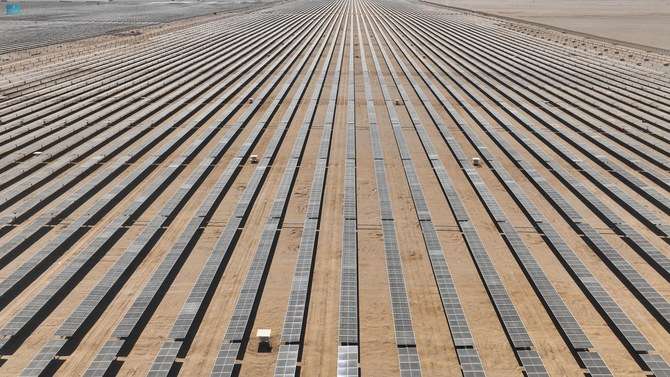In Short : The European Union has mandated the installation of solar panels on new public buildings. This directive underscores a commitment to advancing sustainable practices and renewable energy integration. The move aligns with the EU’s broader goals to reduce carbon emissions and promote clean energy solutions.
In Detail : In an unprecedented step towards bolstering renewable energy, the European Union (EU) has declared that all new public buildings will be required to install solar panels from 2026 onwards. This decree is a part of the expansive Solar Rooftop Initiative, a package of energy actions aimed at hastening the EU’s transition to green energy and minimizing its reliance on fossil fuels.
The Solar Rooftop Initiative
The Solar Rooftop Initiative is an ambitious plan that moves beyond merely new construction. By 2029, this mandate will be expanded to encompass all new residential and commercial buildings. Furthermore, the initiative stipulates the installation of solar panels on existing public buildings by 2027 and on existing commercial buildings by 2030.
A Response to Climate Change and Energy Security
The EU’s robust shift towards solar energy is a reaction to the twin challenges of climate change and energy security. Recent geopolitical events have underscored the risks associated with dependency on imported fossil fuels. By turning to renewable energy sources like solar power, the EU is seeking to reduce these vulnerabilities.
Anticipated Impacts
The Solar Rooftop Initiative holds the promise of strengthening the EU’s energy resilience, aiding in the reduction of greenhouse gas emissions, and fostering the creation of new jobs in the renewable energy sector. At the same time, it sets a powerful example for other global entities to follow in the fight against climate change.
While the initiative is ambitious, the Energy Performance of Buildings Directive (EPBD) has already achieved a political accord, indicating a positive development for the efficient buildings industry in Europe. The agreement includes provisions for minimum energy performance standards, adaptable approaches for the residential sector, and measures to simplify energy renovation processes. It also proposes a holistic view of efficiency in buildings, with provisions for decarbonisation, digitalisation, and improved indoor environmental quality.
The efficient buildings industry is dedicated to assisting Member States throughout the implementation process, signaling a united front towards making this deal a reality and accelerating energy renovations in the EU.

